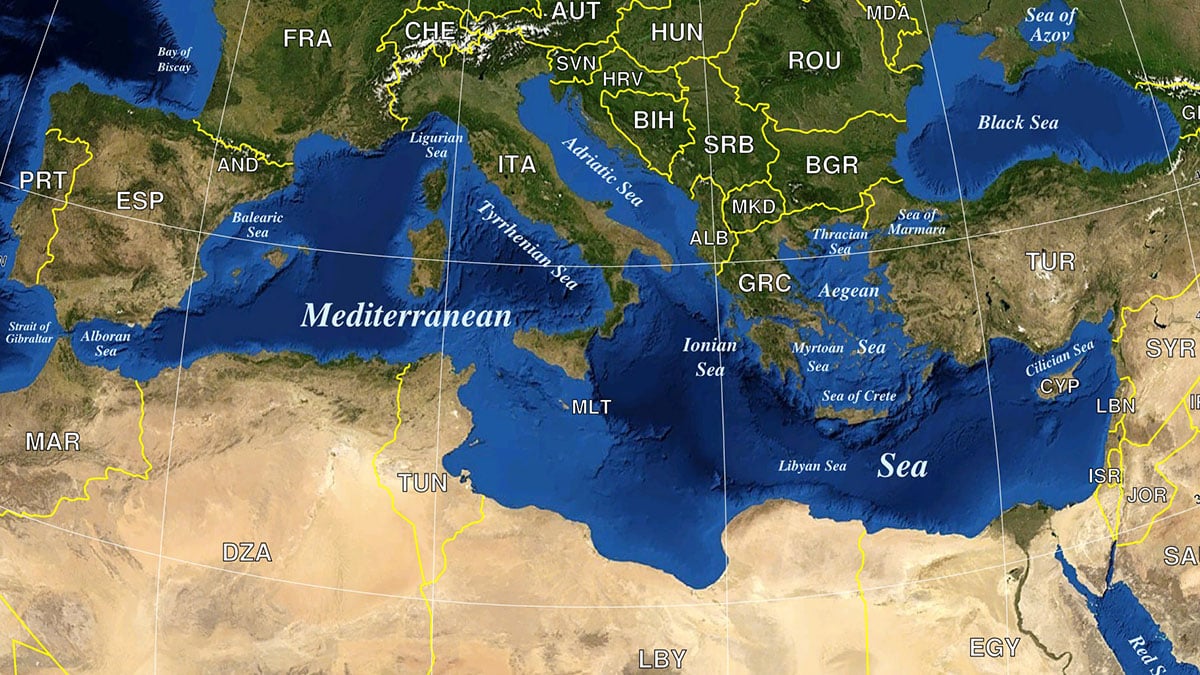SLIEMA, Malta — Many radio stations dotting the Sicilian and Maltese radio landscape, as well as other outlets on the North African coast in Libya and Tunisia, continue to feature the human tragedy occurring at the very heart of the Mediterranean Sea.
The issue of irregular immigration is perhaps the most covered topic on radio, particularly on the European side of the Mediterranean basin. Discussions and news coverage often reflect the contrasting views of people from different sectors of society. With the frontline EU states having to grapple with immigration while others even refuse to share in the burden by taking their agreed quota of rescued immigrants, it was inevitable that it would take a political twist.
Thankfully, the efficacy and uncomplicated character of radio has helped to strike a balance on the airwaves as it has facilitated the ability for spokespersons on NGO vessels, such as Proactive Open Arms, SOS Méditerranée, Sea Watch, Sea Eye and Lifeline, to go on air from their mid-sea locations.
Important Role
The summer months are only adding to the significance of this radio focus as the calm seas and good weather will further instigate the human traffickers, particularly from different places in Libya, to persist. While Libyan stations like Lebda FM and Radio Alwasat often project the image of refugees actually being saved by the Libyan coastguard, on the other side of the water in Sicily there is a growing radio community discussing the virtue of saving human lives. This is in contrast to official and political protestations from crisis-hit member states that the EU is simply not doing enough to help ease the burden.
Radio Radicale and Radio News 24 in Sicily along with Radio Malta and Radio 103 in Malta are foremost in providing platforms of radio discussions and news coverage with a focus on the tireless work of the NGOs and the EU’s ineptitude in dealing with an issue that has European and not just Central Mediterranean ramifications.
“Radio Malta is highly aware of the strong impact of irregular immigration on this part of the Mediterranean. Our discussion programs and news services often focus on this delicate situation, where people’s lives are at stake, and the logistical and economic problems it creates,” said Norma Saliba, Radio Malta’s chief officer of News, Current Affairs and registered editor.
“We seek to give a true picture of what’s happening, giving a voice to all those concerned, from NGOs to refugees currently sheltered in Malta, as well as the authorities. We are aware the same engaged radio coverage is being given to the issue elsewhere, in Sicily in particular,” Saliba said.
The recent publication of a European Court of Auditors’ report has further amplified the complexities of the situation. The ECA report remarked that the Frontex border agency’s operation in the Mediterranean is not satisfactory in the fight against illegal immigration and crime in EU borders, rendering itself ineffective in assisting member states and those in the Schengen area in the management of European borders.
Radio’s strong grasp of the immigration issue has led to what is an unofficial, indeed loosely knit but valuable network of Mediterranean stations concentrating on the human aspect rather than the political filters it is often seen through elsewhere in the media as well as along the corridors of Brussels. The daily tragic loss of lives, among them those of children desperately left alone to seek a better future, is at the heart of the great radio debate in this central part of the Mediterranean.

